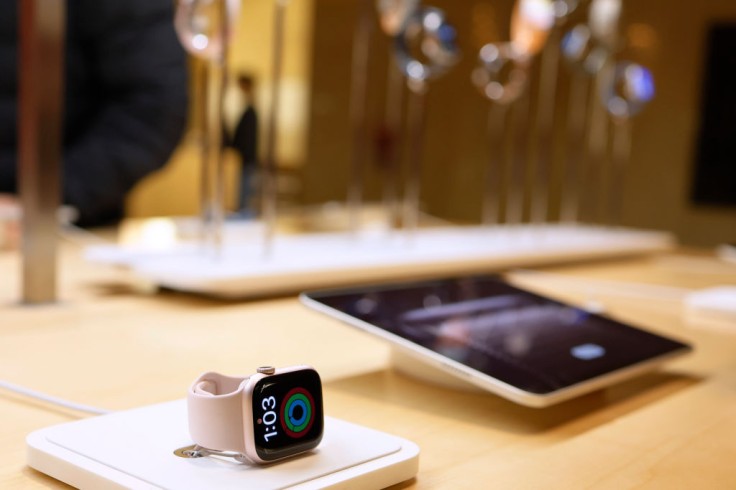The Apple Watch Series 9 and Ultra 2 are not the only technology the US government has banned the sale in its history, nor would it be the last.

Due to various reasons, the federal government has prohibited the importation of certain gadgets and equipment into the US. Some are for security concerns, while several are due to business violations.
Here are some of the technologies the US government has imposed the sales ban in recent years:
Apple Watch Series 9, Ultra 2
Starting with the most recent controversy, the US International Trade Commission has prohibited Apple from selling its latest smartwatch products after it was found to be violating a patent.
The issue comes from the blood oxygen reader feature Apple has used since 2020 with the Series 6.
The feature was apparently a patent infringement of a similar product of Masimo, a health technology manufacturer, which also filed the complaint against Apple.
As of writing, the ban continues in effect as the US government agreed with ITC's decision. Apple has already pulled the affected watches on its online store for US customers.
Apple continues to appeal to various courts to suspend the ban as it works to replace the patented feature into its smartwatches.
Huawei, ZTE Telecommunication Equipment
The Apple Watches are not the only technology that received the ban hammer during the administration of President Joe Biden.
Last year, the US government approved the ban of new telecommunications equipment from Huawei and ZTE due to "unacceptable risk" to American security.
The ban was imposed amid the rising tension between the US and China, the country hosting Huawei and ZTE.
Huawei has to replace the telecommunication equipment to bypass the US import ban and continue its sales in the Western country.
Kaspersky Software
Another ban brought by security concerns, the Kaspersky Lab antivirus software was banned in the US early this year amid economic sanctions on Russia.
The Russian cybersecurity firm has already been accused of assisting on secret projects with Russia's Federal Security Service. Security concerns over the software grew during the conflict between Ukraine and Russia last year.
The US Department of Commerce justified the ban by "fully exercising its authorities to protect Americans' sensitive data."
Xiaomi
The Beijing-based phone manufacturer Xiaomi also received similar US sanctions as Huawei and ZTE during the former President Donald Trump's administration.
Similar reasons were also given as it was designated as a Communist Chinese Military Company. In response, Xiaomi filed a lawsuit against the US government for "unlawful and unconstitutional" removal from US markets.
However, unlike Huawei, Xiaomi was later removed from the US blacklist during the Biden administration after the two parties reached an agreement.
HTC
On the opposite side of things, Apple won a patent infringement case before against HTC after the ITC declared that the Taiwanese computer manufacturer was violating one patent of the tech giant.
Apple's victory in 2011 resulted in the ban of HTC's Android devices across the US, including the Sprint Evo 4G, Verizon Droid Incredible, AT&T Aria, and T-Mobile G2.
The legal battle for this patent violation spanned decades, starting in 1999, over a phone feature of turning a phone number into a link.
HTC has since issued a new program for its phone number link feature in future phones to continue its operations in the US and Europe.









